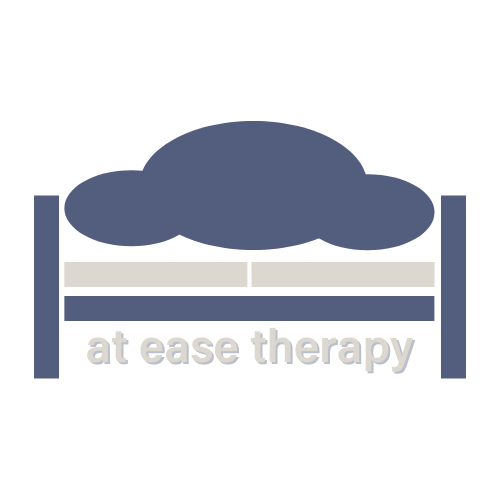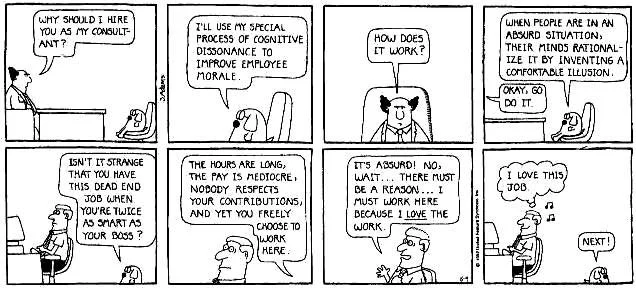Cognitive Dissonance, Privilege, and #MeToo, or ‘I think I’m not so it’s okay’
Content Warning: discussion of rape, sexual violence and assault
I have successfully talked myself into and out of writing this post in a cycle for the last couple of days. My internal debate that I don’t want to ‘mansplain’ the #MeToo hashtag explosion and the prevalence of sexual abuse, harassment and rape culture that lies behind it has given way to my desire to not to take the path of less resistance in the silence.
If you’ve seen the news this week you will be familiar with the headlines surrounding Harvey Weinstein. A number of actors have come forward with their accounts of harassment, assault and rape at the hands Weinstein, which has again brought the harsh reality to the headlines. I was going to include a link to the statistics, but no rug-sweeping allowed here. So, in the US, One in four women and one in six men will be sexually assaulted in their lifetime, one in six women will experience attempted or completed rape in their lifetime, as will one in thirty three men.
Alyssa Milano shared the above tweet following a friend’s recommendation that “If all the women who have been sexually harassed or assaulted wrote ‘Me too.’ as a status we might give people a sense of the magnitude of the problem.” In the following two days the hashtag was posted in over 2million tweets. Magnitude sensed. There has since been a followup hashtag, #HowIWillChange, with men stating how they intend to change or call out others when they see harassment.
But with statistics as high as they were, and the fact that media headline about them are not uncommon, why does the silence return? I suggest that is is due to a form of cognitive dissonance on behalf of those with the privilege and power in the dynamic.
Cognitive Dissonance is a sense of mental or emotional unrest experienced when trying to hold two or more conflicting cognitions (attitudes, thoughts or beliefs) or behaviours. For example, continuing to smoke and understanding that smoking can cause cancer. We will naturally try to reduce the dissonance for our own peace of mind by changing behaviour, such as stopping smoking; or altering our cognition by, for example, adding the thought that research has not definitely provided a causal link between smoking and cancer.
When it comes to sexual harassment those in the place of privilege, men who hold more societal power than women, know that sexual harassment and abuse is bad, but feel that they are good people. This creates dissonance. To avoid the dissonance they ‘absolve’ themselves of their privilege by working backwards that they must not be part of the problem. “Bad people are oppressors, I don’t think I’m a bad person, so I can’t be an oppressor.” Our place of privilege meaning that we don’t have to think about the many overt and tacit way we have benefitted from a system that continues to work in our favour.
Interestingly this has lead me to an almost inversion of something I work with frequently in the therapy room. I frequently see this cognitive dissonance and filtering work the opposite way, with people offering themselves only negative self talk and unable to hold on to positives and compliments. Instead in this situation people are filtering out the possibility of having negatives and are minimising or erasing the problem in their mind.
Balancing our self image and allowing ourselves to be a mixture of positive and negative is not an easy task. But it is an act of kindness to ourselves that we give to others. As example: think about someone in your life that you love. When you have them in your mind, think of something they do that really annoys you. Now ask yourself if you still love them.
We can allow others to still be good enough with flaws. And in this case allowing ourselves to benefit from the same view is a kindness to ourselves and can allow us to change how we deal with others, stop victim blaming when it comes to sexual harassment and assault. If we can try and come to terms with our privilege, and who it has hurt, we can try and use our position to help rather than hurt. Here are some examples from a really great Facebook post I saw shared a few times today:
I have previously written on dealing with stigma around mental health. I have also looked at the importance of the impact of what a feeling of stigma, 'othering' and victimisation can have on mental health, help seeking and self regard. Similarly to the post around men's engage in mental health and seeking help, this is a call to arms.
If you have been affected by sexual harassment or violence you can contact Safeline, a UK charity supporting individuals who have experienced or been affected by rape or assault. Their helpline number is 0808 800 5008. They also offer open ended counselling and therapy for individuals in the Warwick area where they are based. If you are seeking support and therapy further afield you can use the Counselling Directory to find therapists in your area.
Oh, and #MeToo.



